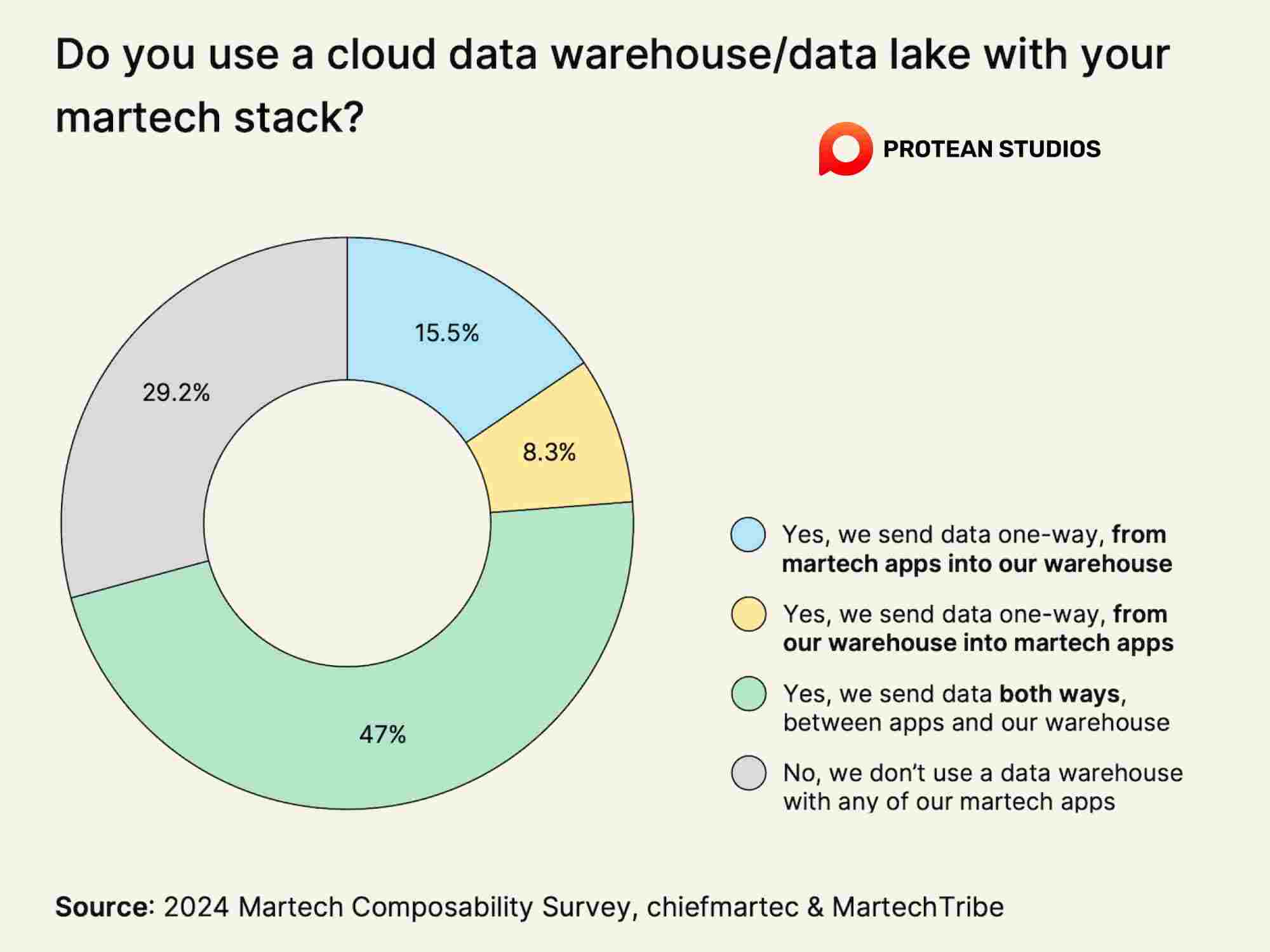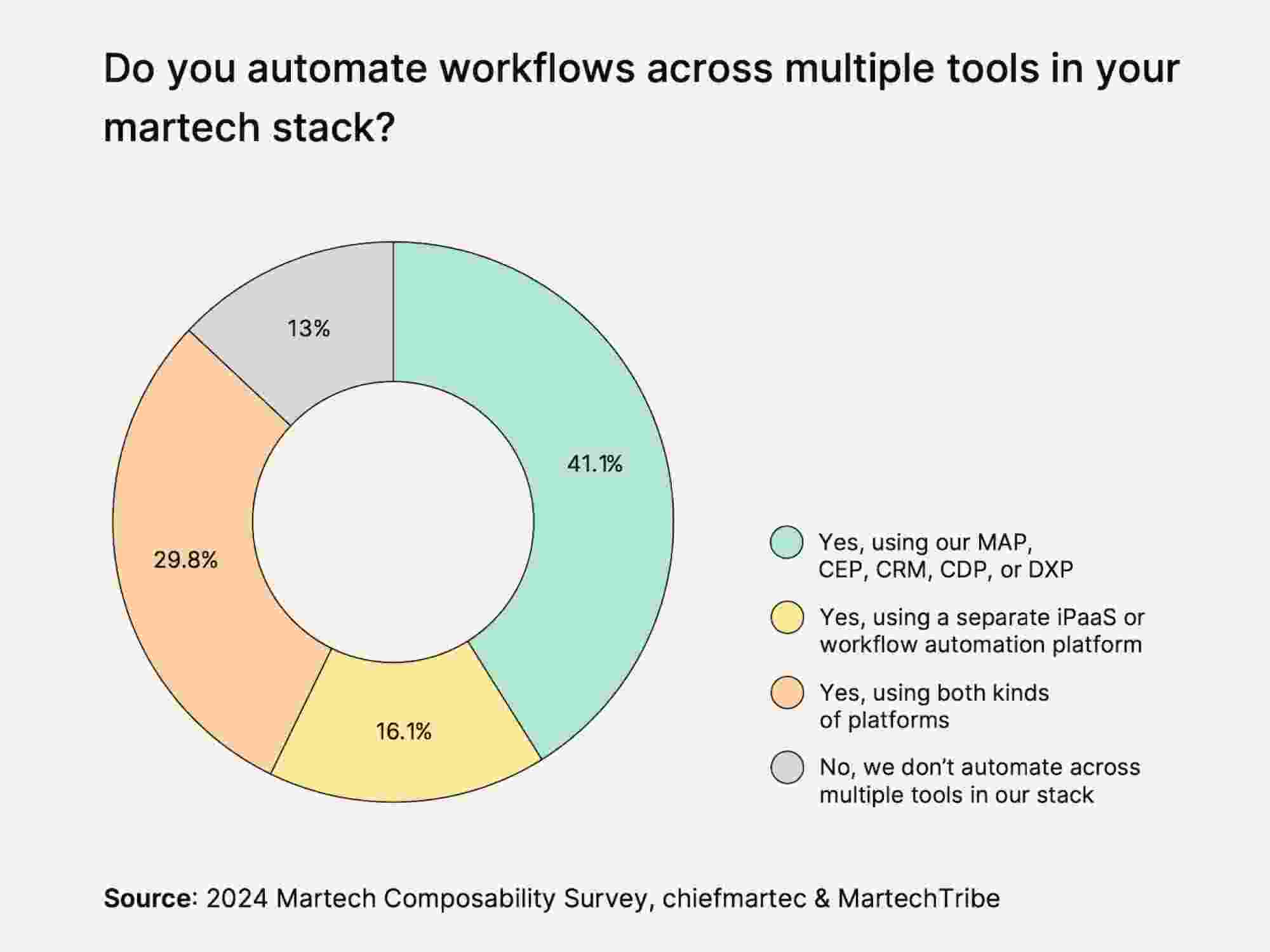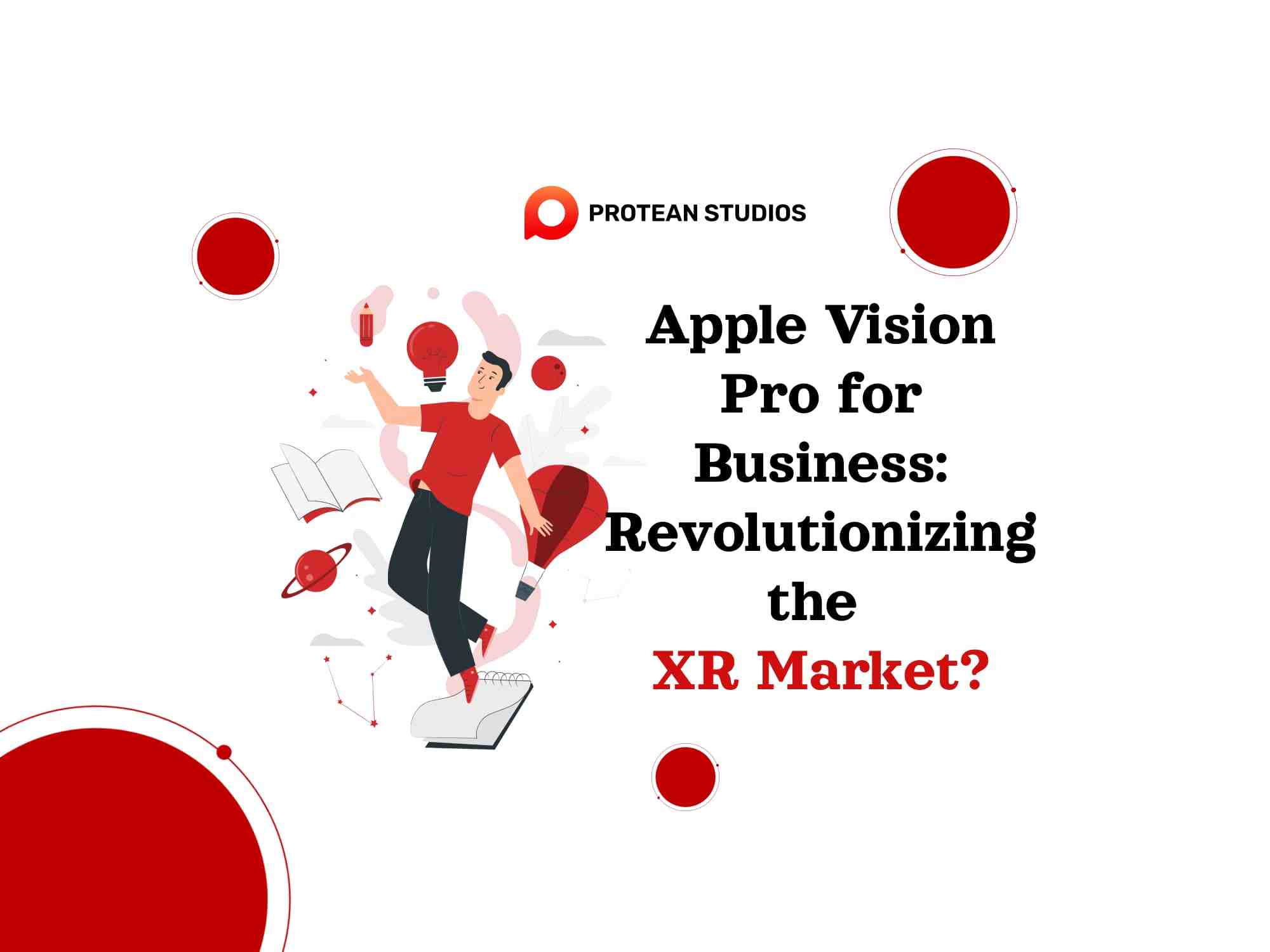In today's digital age, businesses are relying on technology to optimize their marketing efforts. APIs (application programming interfaces) play a pivotal role in connecting different software systems, allowing them to communicate and exchange data. This interoperability is crucial for building robust MarTech stacks and creating personalized customer experiences.
As AI agents become more sophisticated and capable of performing a wider range of tasks, APIs will be even more essential. They will enable AI agents to access and process vast amounts of data from various sources, learn from past interactions, and make intelligent decisions.
Data is the Key Differentiator in AI Models
Over the past year and a half, the AI hype has made one thing clear: data is your most valuable asset in the Age of AI.
While AI engines from OpenAI, Google, and others are powerful, they're becoming available. The real competitive edge comes from combining these engines with unique data your business collects.

This has led to two main recommendations:
Make data strategy a core business skill, inspired by new, creative uses.
Build strong data infrastructure to manage and apply data at scale.
That's why more businesses are adopting cloud data warehouses. In our State of Martech 2024 report, 70.8% of marketing leaders said they're using cloud data platforms, with 61.3% integrating over half their martech apps. This helps them use the right data with the right AI models.
Read more: Cutting through the Generative AI Hype in B2B
Answers and Automations Pave the Way for AI Agents
The first wave of generative AI chatbots and co-pilots worked like call-and-response systems—ask a question, get an answer. If you wanted to act on that answer, it was up to you.
But in the past year, we've seen AI go further, performing tasks within apps. You can now ask HubSpot’s AI assistant to turn a blog post into various formats, use Firefly in Photoshop to change lettering into tiger fur, or have Excel’s AI copilot create visualizations from data. These AI-powered features are popping up across apps, adding real functionality.
While these features are impressive, they're limited to their respective apps. Developers have connected the dots within the app but haven’t opened access via APIs to allow interaction between apps—yet.
Learn more: 3 Simple Ways B2B Marketers Can Use Generative AI
APIs are already important to 83.9% of martech buyers, with 51.2% listing them as a top needs when choosing a product. This demand is driven by the need for automating workflows across tools in the martech stack.

Here's a common scenario: A prospect fills out a form on your website, you send them an email with content, update their record in your CRM, score them, put them in a nurturing campaign, and maybe even alert your sales team via Slack.
You can manage these automations through your main martech platform, like a CRM, MAP, or CDP, which 41.1% of marketing ops teams do. Others (16.1%) use stand-alone tools like Workato or Zapier, and 29.8% use a mix of both.
In total, 87% of marketing teams automate tasks across many tools. The catch? The product must have an API to enable automation between apps.
The other challenge? Automations must be built and maintained. While no-code tools have made this easier, there's still a limit to how many processes one person can manage.
AI Agents Represent the Next Major Opportunity for API Use
That's about to change.
AI agents will soon handle higher-level goals like “convert leads into sales opportunities” by cycling through ask, answer, act, and repeat. They'll decide which leads go into nurturing campaigns and when sales should be alerted while syncing data across systems.
This isn’t science fiction—AI agents are already being used in automation tools, and their presence will grow in the next year.
By letting AI manage workflows, we can overcome the underutilization of martech. AI will simplify complex marketing tasks with easier-to-use interfaces. Yet, there's one catch: AI agents, like previous automation tools, can work with apps that provide API access.
While API coverage in martech has improved, 17.3% of platforms have great API coverage, limiting what marketing ops teams can automate. Demand for APIs is set to surge as AI agents become more common.

Memo to martech vendors: This is your chance to stand out. Offering better APIs gives you a competitive edge, allowing your customers to automate more—and soon enable AI agents to work magic with your product.
Your future users won't just be humans. Automations and AI agents will also interact with your product. Just as user frustration leads to churn, expect the same risk if these “artificial users” can’t access your product via APIs.
Some vendors might worry that providing more API access will reduce the use of their UI. While human attention is valuable, it’s a mistake to think users must be glued to your interface. In fact, the rise of AI agents means that usage—not UI—will drive value. The more your product empowers AI agents, the more it will be used.
In the Age of AI, APIs will be as critical as UI.
Deeper Discover: Beware the Pitfalls: Key AI Risks to Watch For
Conclusion
In conclusion, APIs are the cornerstone of modern MarTech, facilitating seamless integration and data exchange between different software systems. This interoperability empowers marketers to deliver personalized experiences and drive business growth.
As AI agents continue to evolve, APIs will become even more crucial, enabling them to access and process data, learn from interactions, and make intelligent decisions. By understanding and leveraging the power of APIs, businesses can position themselves for success in the changing digital landscape.




